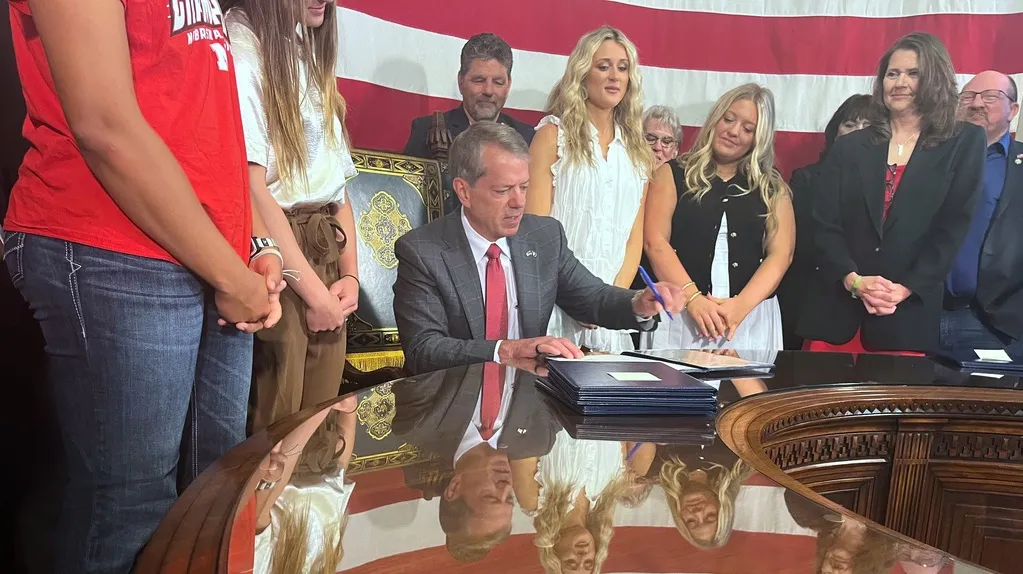March 29, 2011
EU Talks on Banning Food from Cloned Animals Fail
Kilian Melloy READ TIME: 2 MIN.
European Union negotiators on Tuesday abandoned widely popular new legislation that would have banned cloning animals to produce food after all-night talks bogged down in disagreement.
Last-ditch negotiations ended at 7 a.m. after representatives of the European Parliament and the EU governments could not find a compromise on how to treat the offspring of cloned animals - despite overwhelming agreement on banning food from first-generation cloned animals.
The collapse of talks caps three years of back and forth between the parliament and the European Council, which represents the 27 EU states, on the so-called "novel food" regulation. It leaves the EU with its 1997 law that requires special authorization for food from cloned animals, but does not ban it.
Sandor Fazekas, Hungary's minister of rural development who was leading negotiations for the Council, said the parliament's demand to include descendants of cloned animals in the ban was "misleading" and "unfeasible."
Even requiring clear labeling for food derived from the descendants of cloned animals "in practice would have required drawing a family tree for each slice of cheese or salami," Fazekas said in a statement.
"This 'solution' would have given a false sense of security to consumers and risked dragging us into a full blown trade war," he added.
The parliament meanwhile slammed member states' unwillingness to compromise.
The "Council's intransigence on regulating food from the descendants of clones is wrongheaded, as it is ultimately these descendants, and not the original clones, that will be used for food production," said Bart Staes, a member of the European Parliament for the Green Party.
"It is little more than window-dressing to ban cloning in Europe but allow the import of reproductive material from clones and selling food from the offspring of clones," he added.
Dagmar Roth-Berendt, an MEP for the European Socialists, who took part in the 12-hour-long marathon talks, said the failure to come up with new legislation would hurt European consumers and risks Europe being flooded with "billions of liters of cloned milk."
Kilian Melloy serves as EDGE Media Network's Associate Arts Editor and Staff Contributor. His professional memberships include the National Lesbian & Gay Journalists Association, the Boston Online Film Critics Association, The Gay and Lesbian Entertainment Critics Association, and the Boston Theater Critics Association's Elliot Norton Awards Committee.







